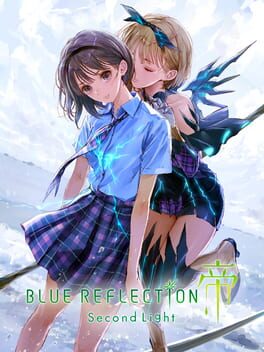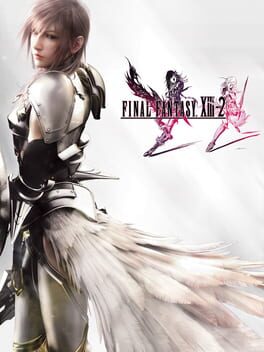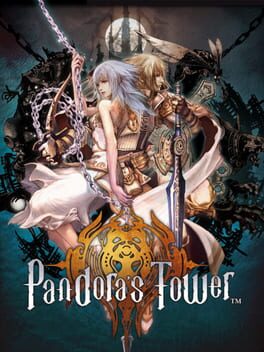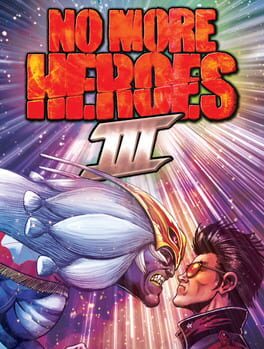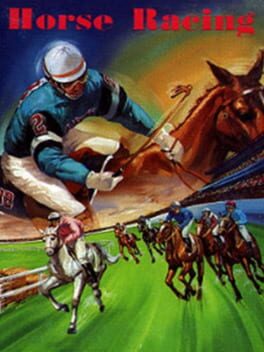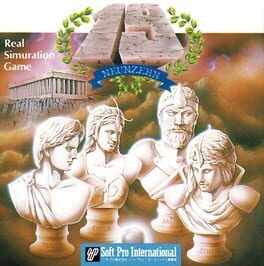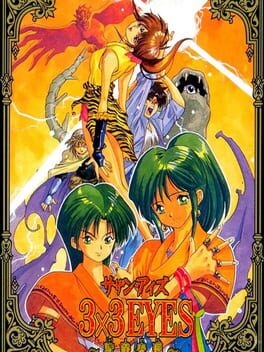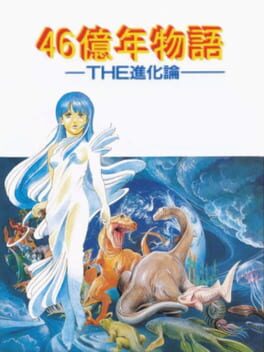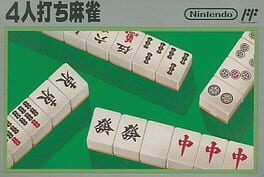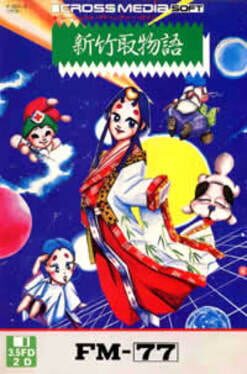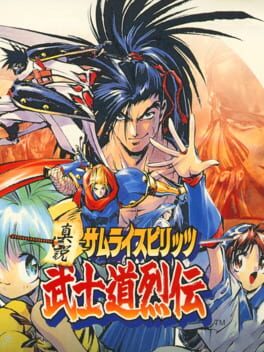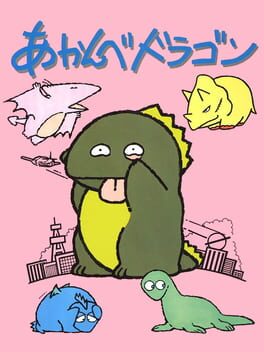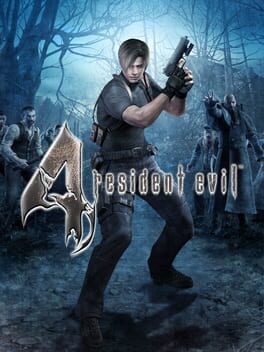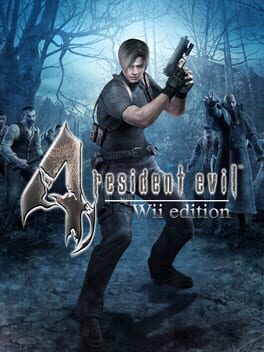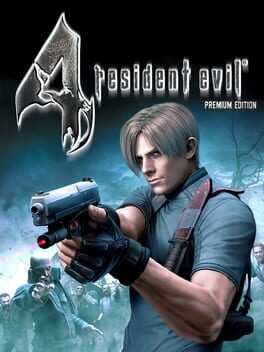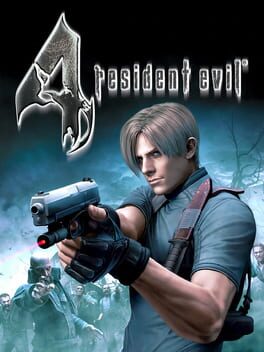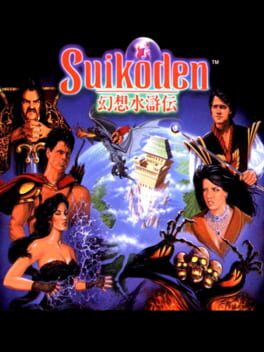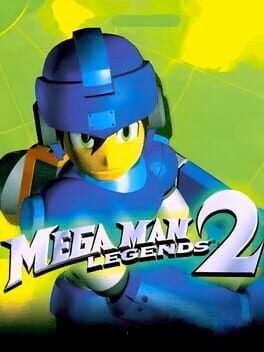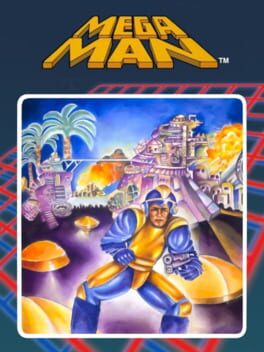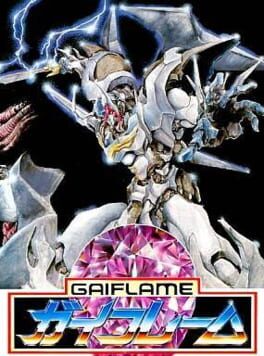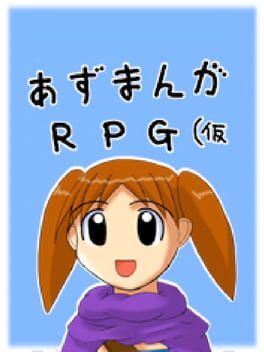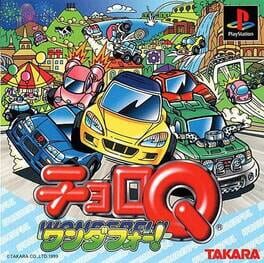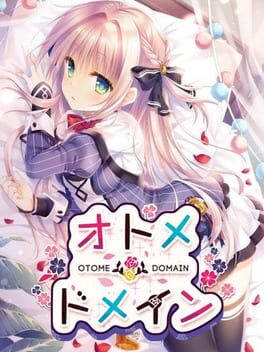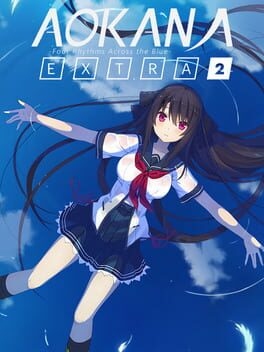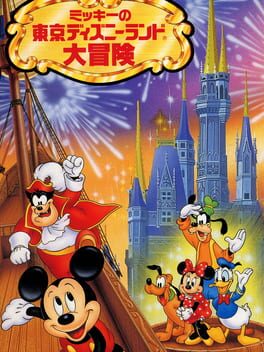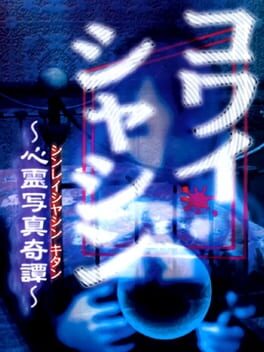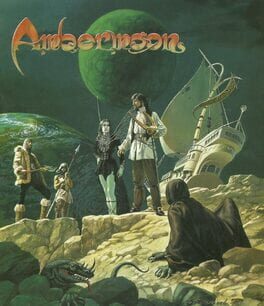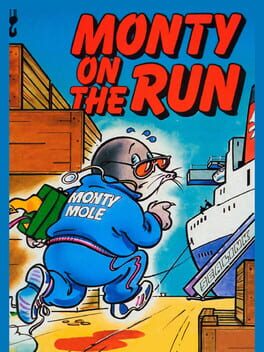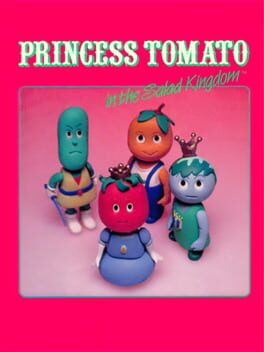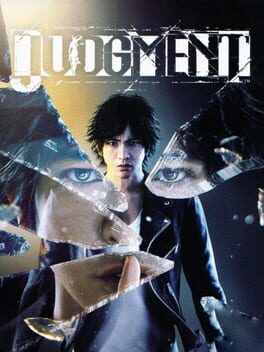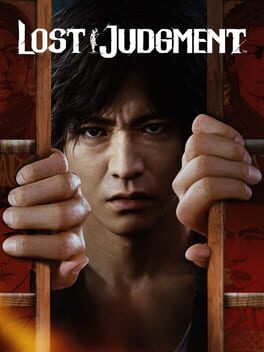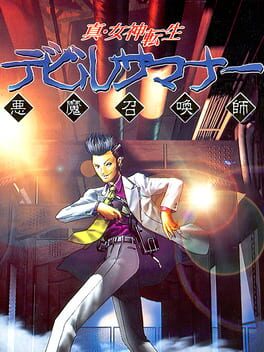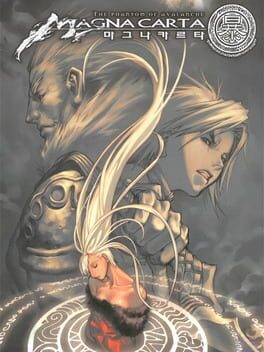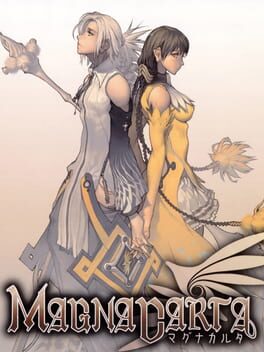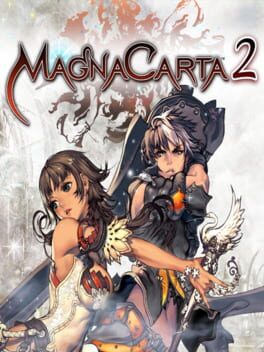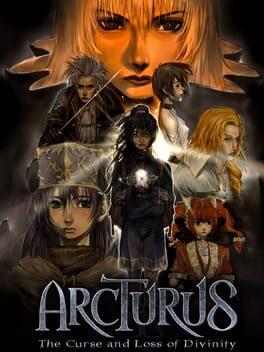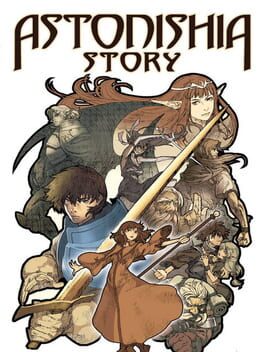Nines
63 reviews liked by Nines
What makes a person who they are is an endless ocean of choices, decisions, and mistakes. It’s nearly impossible to sum up the human experience succinctly, no matter how you go about it, but the past always returns as a unifying factor. Going through life, with every fleeting moment influencing, or influenced by, an infinite amount of moments, what gives someone that unique spark among the almost eight-billion could be condensed to the minutiae of human life, the trials and tribulations of living on Earth. Each trauma, each miracle, every fear and passion, coalescing into an approximation of humanity, the individual soul.
Blue Reflection: Second Light initially seems wrapped up in this hypothesis, with memories and recollections of the past at the forefront of determining who we are. Waltzing across each character’s reified backstory, a physical representation of themselves, the keypoint in coming to terms with oneself is found in accepting what came before. Throughout the story, however, there’s this constant rhetorical question being asked, an implication that shines doubt what you are approaching as a goal. As you weave between the collective backgrounds of the game’s cast, the detours through the various Heartscapes becomes secondary until… something happens. Somewhere between spending precious hours beside these characters and learning their experiences one by one, Blue Reflection… opens up. The narrative isn’t about "the before", the uncountable and infinite universe of outcomes that fused into what becomes an individual. The "past" isn’t “you”, so much as it’s context for “you”. What makes someone who they are after that, in the moment, is just as much the bonds they share, the loves that flourish, the passions ignited and fears embraced, as it is an arbitrary “past”.
…It’s sort of inescapable that this game is focused on the meaning of “moving on”. The summer vacation framing, the constant allusion to people not wanting things to end, the oppressing fear of what comes next and the change it brings… The future as we know it is beyond the horizon, endlessly far off but within reach, all the same. What happens to the friendships we made, the stories we’ve told and moments we’ve shared, five years from now? Ten? Fifty? Facing the crossroads at the end of an era, what will you take away, and what will you leave behind? Even looking at Backloggd itself, it eventually vanishing is a sure-fire possibility. Not now, maybe not in the near future, but… what do you do with that? For most, this site, the one-liner reviews, the heartfelt tangents, the caustic arguments, will all vanish without a trace, while others will hold the memories earned here close, all gained by sharing a passion with, to be blunt, total strangers.
Inevitably, this will end, and we’ll all move to new corners, a sort of “moving on” itself. But is that necessarily a bad thing? If the site died tomorrow and the community surrounding it shriveled up, would that change the love and hate that went into the words etched into it? Just as the past gave context to who we are now, does this community become another page of backstory, a background to appreciate as we move onto the next thing?
…These are some thoroughly navel-gazey thoughts brought out by what could be surmised as a “cute-girls-doing-cute-things” game, and I won’t pretend I haven’t gone off on similar tangents for an endless slew of slice-of-life anime. But over the entirety of Second Light, with every new character thrown into the party, I saw a familiar face, a person I recognized personally. Chalk it up to great writing, or chalk it up to me seeing what I want to see. I’ve seen these stories, not in a “trite anime trope” way, but in a “I know someone like this” sense, and even on a niche video game logging site I’ve seen the people who are deftly portrayed in Blue Reflection. I won’t go as far as to say this is an essential introspective reflection on community or something pompous like that. I’d imagine for most crowds, this will come off as a very well done character-focused slow burn, and that itself is by no-means a negative reading. But I suppose I can only say this, the story, what it meant in the grand scheme of things, hit me at the right time.
Blue Reflection: Second Light initially seems wrapped up in this hypothesis, with memories and recollections of the past at the forefront of determining who we are. Waltzing across each character’s reified backstory, a physical representation of themselves, the keypoint in coming to terms with oneself is found in accepting what came before. Throughout the story, however, there’s this constant rhetorical question being asked, an implication that shines doubt what you are approaching as a goal. As you weave between the collective backgrounds of the game’s cast, the detours through the various Heartscapes becomes secondary until… something happens. Somewhere between spending precious hours beside these characters and learning their experiences one by one, Blue Reflection… opens up. The narrative isn’t about "the before", the uncountable and infinite universe of outcomes that fused into what becomes an individual. The "past" isn’t “you”, so much as it’s context for “you”. What makes someone who they are after that, in the moment, is just as much the bonds they share, the loves that flourish, the passions ignited and fears embraced, as it is an arbitrary “past”.
…It’s sort of inescapable that this game is focused on the meaning of “moving on”. The summer vacation framing, the constant allusion to people not wanting things to end, the oppressing fear of what comes next and the change it brings… The future as we know it is beyond the horizon, endlessly far off but within reach, all the same. What happens to the friendships we made, the stories we’ve told and moments we’ve shared, five years from now? Ten? Fifty? Facing the crossroads at the end of an era, what will you take away, and what will you leave behind? Even looking at Backloggd itself, it eventually vanishing is a sure-fire possibility. Not now, maybe not in the near future, but… what do you do with that? For most, this site, the one-liner reviews, the heartfelt tangents, the caustic arguments, will all vanish without a trace, while others will hold the memories earned here close, all gained by sharing a passion with, to be blunt, total strangers.
Inevitably, this will end, and we’ll all move to new corners, a sort of “moving on” itself. But is that necessarily a bad thing? If the site died tomorrow and the community surrounding it shriveled up, would that change the love and hate that went into the words etched into it? Just as the past gave context to who we are now, does this community become another page of backstory, a background to appreciate as we move onto the next thing?
…These are some thoroughly navel-gazey thoughts brought out by what could be surmised as a “cute-girls-doing-cute-things” game, and I won’t pretend I haven’t gone off on similar tangents for an endless slew of slice-of-life anime. But over the entirety of Second Light, with every new character thrown into the party, I saw a familiar face, a person I recognized personally. Chalk it up to great writing, or chalk it up to me seeing what I want to see. I’ve seen these stories, not in a “trite anime trope” way, but in a “I know someone like this” sense, and even on a niche video game logging site I’ve seen the people who are deftly portrayed in Blue Reflection. I won’t go as far as to say this is an essential introspective reflection on community or something pompous like that. I’d imagine for most crowds, this will come off as a very well done character-focused slow burn, and that itself is by no-means a negative reading. But I suppose I can only say this, the story, what it meant in the grand scheme of things, hit me at the right time.
Final Fantasy XIII-2
2011
Final Fantasy XIII-2
2011
This review contains spoilers
"This is our ark - our haven. It will be called Bhunivelze..."
A shockingly well-told story of people who cannot conceive of a better world other than what we have, and doom it as a result, with one of the tightest, leanest scripts you'll see in a modern JRPG. Caius Ballad, the man raging aginst the unjustifiable injustice of the world, is not the villain here: it is Hope Estheim, the nice boy who over the course of 500 years, is never able to imagine a future for the human race beyond regressing to the Cocoon that trapped them. Hope sees the doom that will one day face the earth - ecological collapse and extinction - and decides that the way to prevent it is to just do what humanity has done before, and hope it works differently this time. I don't want to say something as pithy as "Hope Estheim is Final Fantasy's Elon Musk", but it's not like that's a million miles off the mark.
The moment Hope utters the word "Bhunivelze", the name of the malevolent deity who made this world and hangs over the cosmology of this game like the Sword of Damocles, you know the world is doomed.
The combat is stellar and brings out the potential of FFXIII's system, the music is fantastically varied and uniformly great, and you get to put little rail worker hats on monsters and oh my god it's so cute.
Fairly rubbish DLC aside, this is short, sweet, and powerful, with an jaw-droppingly good ending. Secretly one of the best RPGs of it's generation.
A shockingly well-told story of people who cannot conceive of a better world other than what we have, and doom it as a result, with one of the tightest, leanest scripts you'll see in a modern JRPG. Caius Ballad, the man raging aginst the unjustifiable injustice of the world, is not the villain here: it is Hope Estheim, the nice boy who over the course of 500 years, is never able to imagine a future for the human race beyond regressing to the Cocoon that trapped them. Hope sees the doom that will one day face the earth - ecological collapse and extinction - and decides that the way to prevent it is to just do what humanity has done before, and hope it works differently this time. I don't want to say something as pithy as "Hope Estheim is Final Fantasy's Elon Musk", but it's not like that's a million miles off the mark.
The moment Hope utters the word "Bhunivelze", the name of the malevolent deity who made this world and hangs over the cosmology of this game like the Sword of Damocles, you know the world is doomed.
The combat is stellar and brings out the potential of FFXIII's system, the music is fantastically varied and uniformly great, and you get to put little rail worker hats on monsters and oh my god it's so cute.
Fairly rubbish DLC aside, this is short, sweet, and powerful, with an jaw-droppingly good ending. Secretly one of the best RPGs of it's generation.
Pandora's Tower
2011
Drakengard
2003
disenchanting poetic anarchy. quills soaked in blood transcribe fragmented stanzas across pages soiled with tragedy and insanity. hatred sows its seeds, obsessed with the universality of inner struggle. the seeds grow beneath lush fields of thriving imperialistic medievalism. faithful sacrifices are made in the strive towards a greater power personified by the beliefs of humanity. a single man who can only speak in genocidal tantrums sparks the beginning of the end. there is never motivation to continue forward nor is there ever a satisfying feeling of triumph. caim is just going through the motions while others beg for mercy at his feet. violence is a mundane necessity rather than an expressive resolve. not a single ending closes with excitement, only the depressive upset of loss. frenzied classical chords and pounding industrial symphonies amalgamate to feed the player’s own misery. drakengard is chaotically demoralizing, if nothing else.
Drakengard
2003
Caim is literally me. No other character can come close to relating to me like him. There is no way you can convince me that I’m not Caim. Caim could not possibly be any more me. It’s me, and nobody can convince me otherwise. If anyone approached me about this not possibly being me, I immediately shut them down with overwhelming evidence that Caim was me. Caim is absolutely me; it is indisputable. Why anyone would try to argue that Caim is not me is beyond me. If you held two pictures of me and Caim side by side, you’d see no difference. I can safely look at Caim every day and say, “Yup, he’s me.” I can practically see Caim whenever I look at myself in the mirror. I go outside, and people stop me from commenting on how similar I look and act as Caim is. I chuckle softly as I’m assured every day Caim is me in every way. I can smile each time I get out of bed each morning, knowing that I’ve found my identity with Caim and I know my place in this world. It’s amusing how similar he is to me; it’s almost like identical twins. When I first saw Caim, I had an existential crisis. What if Caim was the real me and I was the fictional being? What if he actually became aware of my existence? Did he have the ability to become self-aware?
No More Heroes III
2021
Citizen Sleeper
2022
post-disco elysium UI design is already cementing into cliche w this & norco. this has the roughest on-the-ground writing of all 3 (feels like under-edited/sloppy short stories split apart w arbitrary dialogue options) BUT the mechanics are pleasantly gummy and the background noise (lore, worldbuilding, etc) is put together well.
Signalis
2022
This review contains spoilers
Can’t believe I went through the exact arc described by Sunbusting
So the experience of this- of puzzles spilling out into the real world as I scribbled solutions into a notebook, filling the pages with arcane glyphs and radio frequencies, of stepping away, thinking I’d finished it before realizing there was an additional third of the game to go- probably one my favorite things in a game this year. I’m cooler on the game itself, it feels like a RE-style limitations have been imposed on a Silent Hill framework, so you get a title with a strict item limit, ostensibly to force you to make interesting decision and dangerous trips, but in a game without the bite to make the limitations anything other than an annoyance, so there’s this hyper-awarness that creeps in- of finding to keys to find keys in the hopes of finding: more keys (A lot of the game hovers around the SH2 Apartment Block/Canned Juice territory).
I really appreciate the attempts to unnerve players and keep backtracking tense by having enemies resurrect if not disposed of properly, but it never manages to shock the way realizing some zombie in a far-off corner had transformed into a Crimson Head in the RE Remake, it's enemy roster too insubstantial a threat for one reanimating to send you scurrying to the nearest exit. And maybe this is beyond the scope of the game as is, but I wondered if having a few choice rooms break away from the fixed isometric perspective could’ve helped drive home some of the tension in the game’s final act- or maybe more appropriately, ditch the combat altogether and let the revelations and slow corruption of the world propel you to the finale, in much the same way Silent Hill 2 de-emphasized its combat towards the end, confident enough to drop the veneer of its survival-horror gameplay for a time.
Though I will say, I think Signalis might wear the otherworld imagery better, reality breaking down into flesh and steel and automatons- seeming like the natural reflection of the fascist mindset that’s spread throughout the stars.
So the experience of this- of puzzles spilling out into the real world as I scribbled solutions into a notebook, filling the pages with arcane glyphs and radio frequencies, of stepping away, thinking I’d finished it before realizing there was an additional third of the game to go- probably one my favorite things in a game this year. I’m cooler on the game itself, it feels like a RE-style limitations have been imposed on a Silent Hill framework, so you get a title with a strict item limit, ostensibly to force you to make interesting decision and dangerous trips, but in a game without the bite to make the limitations anything other than an annoyance, so there’s this hyper-awarness that creeps in- of finding to keys to find keys in the hopes of finding: more keys (A lot of the game hovers around the SH2 Apartment Block/Canned Juice territory).
I really appreciate the attempts to unnerve players and keep backtracking tense by having enemies resurrect if not disposed of properly, but it never manages to shock the way realizing some zombie in a far-off corner had transformed into a Crimson Head in the RE Remake, it's enemy roster too insubstantial a threat for one reanimating to send you scurrying to the nearest exit. And maybe this is beyond the scope of the game as is, but I wondered if having a few choice rooms break away from the fixed isometric perspective could’ve helped drive home some of the tension in the game’s final act- or maybe more appropriately, ditch the combat altogether and let the revelations and slow corruption of the world propel you to the finale, in much the same way Silent Hill 2 de-emphasized its combat towards the end, confident enough to drop the veneer of its survival-horror gameplay for a time.
Though I will say, I think Signalis might wear the otherworld imagery better, reality breaking down into flesh and steel and automatons- seeming like the natural reflection of the fascist mindset that’s spread throughout the stars.
8 lists liked by Nines
by HumorousUsername |
913 Games
by Eodqnlqwhuydo |
101 Games
by letshugbro |
23 Games
by Drax |
152 Games
by Eodqnlqwhuydo |
100 Games
by Eodqnlqwhuydo |
88 Games
by fallentianshi |
192 Games
